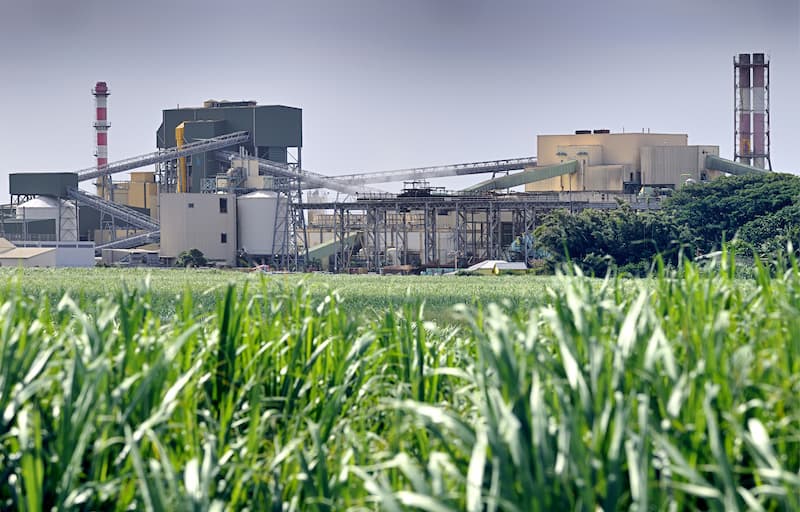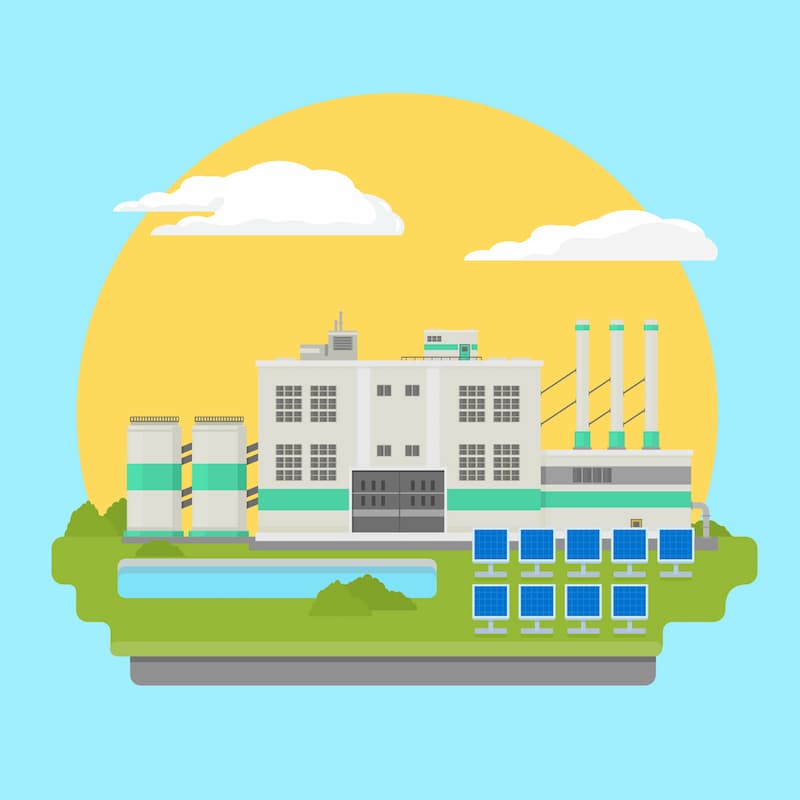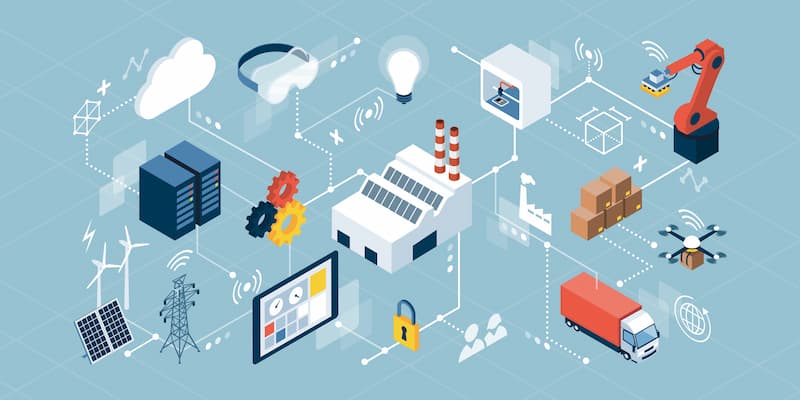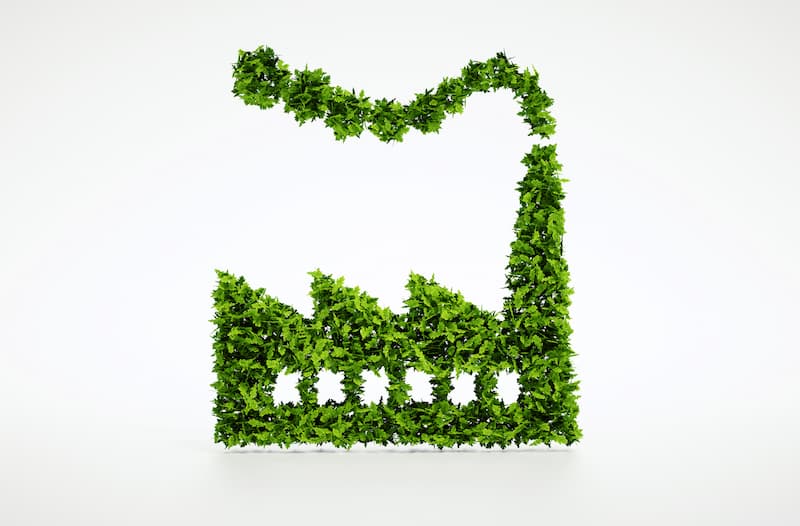The Importance of Sustainability in Manufacturing Processes
Sustainable manufacturing is an important goal for the manufacturing industry, with significant strides already being made. The nickname the ‘green industrial revolution’ has become commonplace as an increasing number of environmentally friendly changes are implemented across the manufacturing industry.

The Goal of Sustainability
Sustainable manufacturing aims to improve current manufacturing processes and create a far more ecologically friendly system without sacrificing productivity. This increased sustainability is not focused on just the manufacturing processes themselves. These positive changes involve the entire supply chain process around the actual manufacturing, both upstream in sourcing new materials and downstream regarding the finished products and waste management.
The environmental element of improving sustainability is related to:
- Less resource consumption
- Less waste
- Lower emissions
By achieving these goals, the industry’s effect on the environment is immensely lowered. True sustainability is about balance. In context, balancing the industrial sector means companies considering the impact of their current working methods throughout the entire supply chain process. by monitoring this impact in relation to the environment, it becomes easy to find those processes that can be improved and eventually significantly improve all your companies impact as a whole.
Support for Irish Manufacturing
The United Nations Environment Program’s International Resource Panel assessed that if there were no change in the way industry worked, greenhouse gasses would build to 43% by 2060. This and other reports inspired significant changes in the industry worldwide, including the UK’s implementation of a NetZero 2050 strategy and the recent hosting of COP26.
The NetZero 2050 strategy is the UK government’s plan to decarbonise all sectors (industrial, commercial and domestic) nationwide and create a nation that is producing no excess emissions by the year 2050. It involves a road map of smaller targets that must be met to accomplish this goal.
As a metal pressing manufacturer, the COP26 conference held at the Scottish event campus in Glasgow was an event we were very interested in. This latest meeting of representatives from the United Nations was of particular importance to manufacturers as they planned to address areas of combating climate change that was lacking. The results were to increase the demand for companies to embrace decarbonisation as a more sustainable method and embrace limiting waste and renewable energy sources.
Ireland once stood at 46th on the CCPI (climate change performance index), with a high rating in the implementation of renewable energies and a medium-low rating in energy usage. In addition, manufacturing contributes approximately 10% of the total national emissions in Ireland, creating a significant opportunity for companies to find innovations that will significantly improve their environmental impact. A new climate change act was passed in 2021 to serve as a framework to cut emissions across industries by 51% by the next deadline for the NetZero 2050 strategy, in this case, in 2030. The Climate Action Plan inspired a surge in green innovation predicted to support significant changes in the nation’s industries. This plan aims to contribute to the world’s effort to limit the temperature rise to 1.5 degrees and maintain the environment in other ways.
An R&D tax credit is available for manufacturing companies in Ireland. This incentive for research and development enables Irish manufacturers to explore more sustainable operating methods and alternative energy sources, such as investing in solar panels or carbon offset schemes. This tax credit provides 25% on qualifying R&D expenses in science and technology.
Circular Models Are the Future
Many different elements make a sustainable manufacturing company. They include the acquisition of the required materials, the source of the energy to run your facility and what you do with the waste materials afterwards. All these elements can be improved upon to create a truly sustainable process.
All these disparate elements can be collected under the term ‘circular economy. This is the name of a business model for production and consumption that plans to re-evaluate previous linear processes. The essential concept is similar to recycling. For example, spring manufacturers would employ a system of reuse for unused materials to prevent them from becoming waste.
Positive Effect of Sustainable Manufacturing
One element that everyone in the manufacturing industry can agree on is that we have a responsibility to future generations. This is the most significant reason why increasing sustainability is essential, and decreasing the industry’s environmental impact will help ensure that. There isn’t just one primary way to achieve sustainability; many smaller steps can be taken that will combine to have an immense impact.
More sustainable industries will also ensure that habitats remain liveable. In addition, maintaining a high standard for air and water quality and preventing toxins from entering the water table helps the environment and humans. Landfills are one the most significant contributors of harmful toxins to the environment. By recycling as much of our waste as possible, landfills become less necessary. It’s easy to forget that any problem that affects the environment will inevitably become a problem for humans if left unchecked. By protecting the planet, we are also protecting ourselves and the future generations to come.
Sustainable Manufacturing Is the Future
At European Springs, we are constantly working towards discovering new ways to improve our working process for efficiency and environmental impact. As experienced manufacturers of gas springs in Ireland, we have a great deal of experience adapting our work to be the most sustainable it can be.
You can browse our entire selection of springs and pressings in our online stock catalogue.


